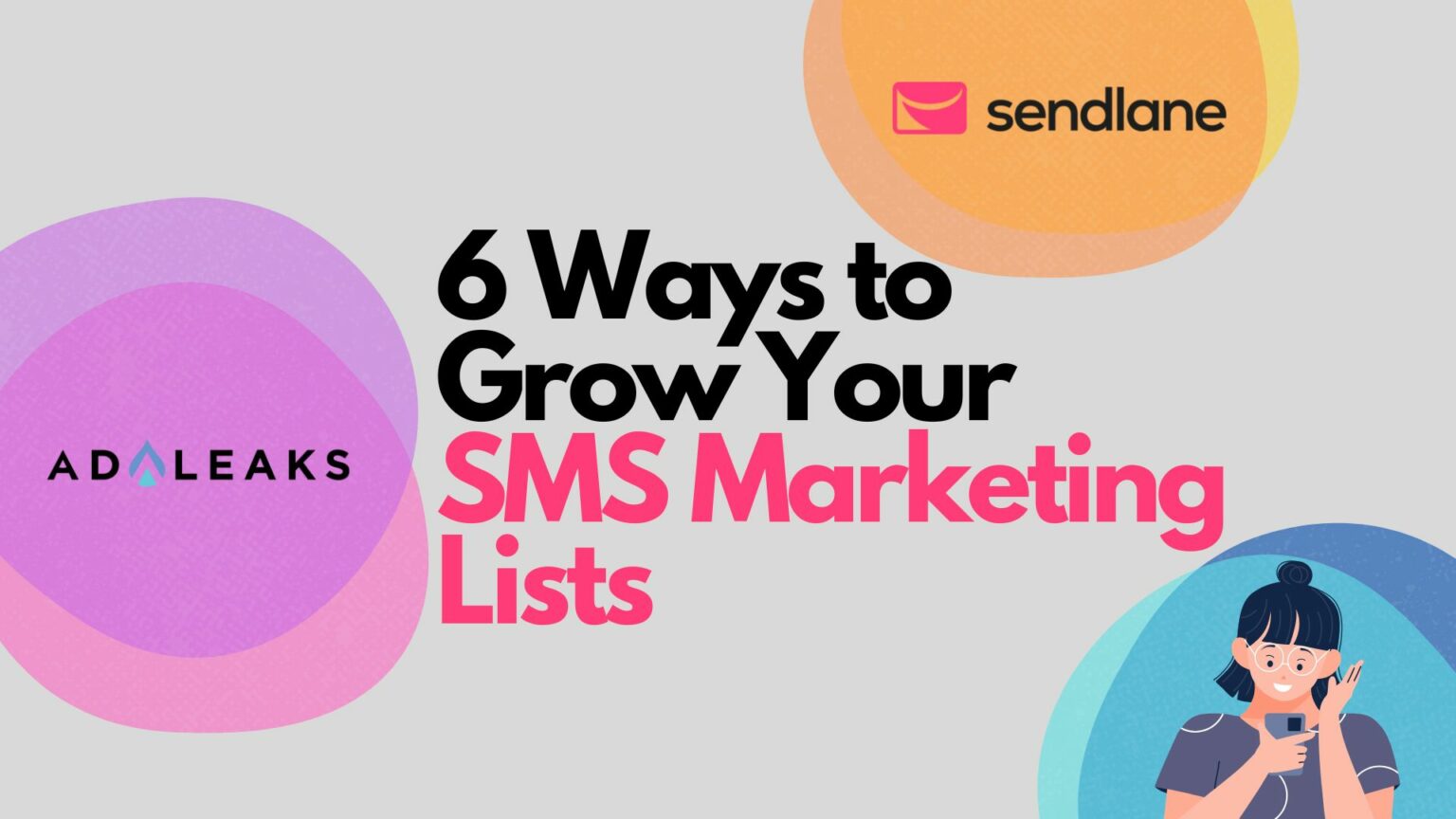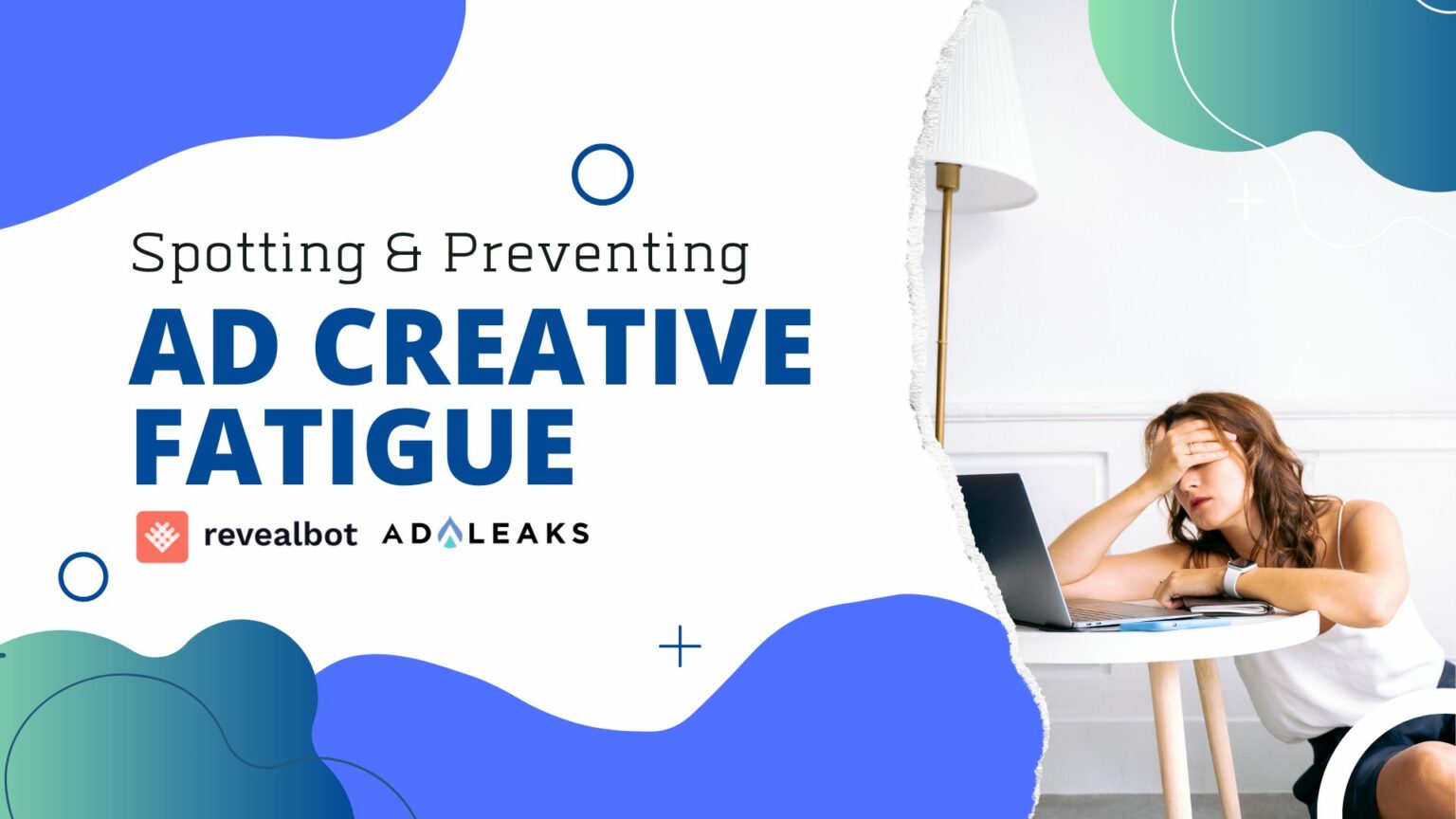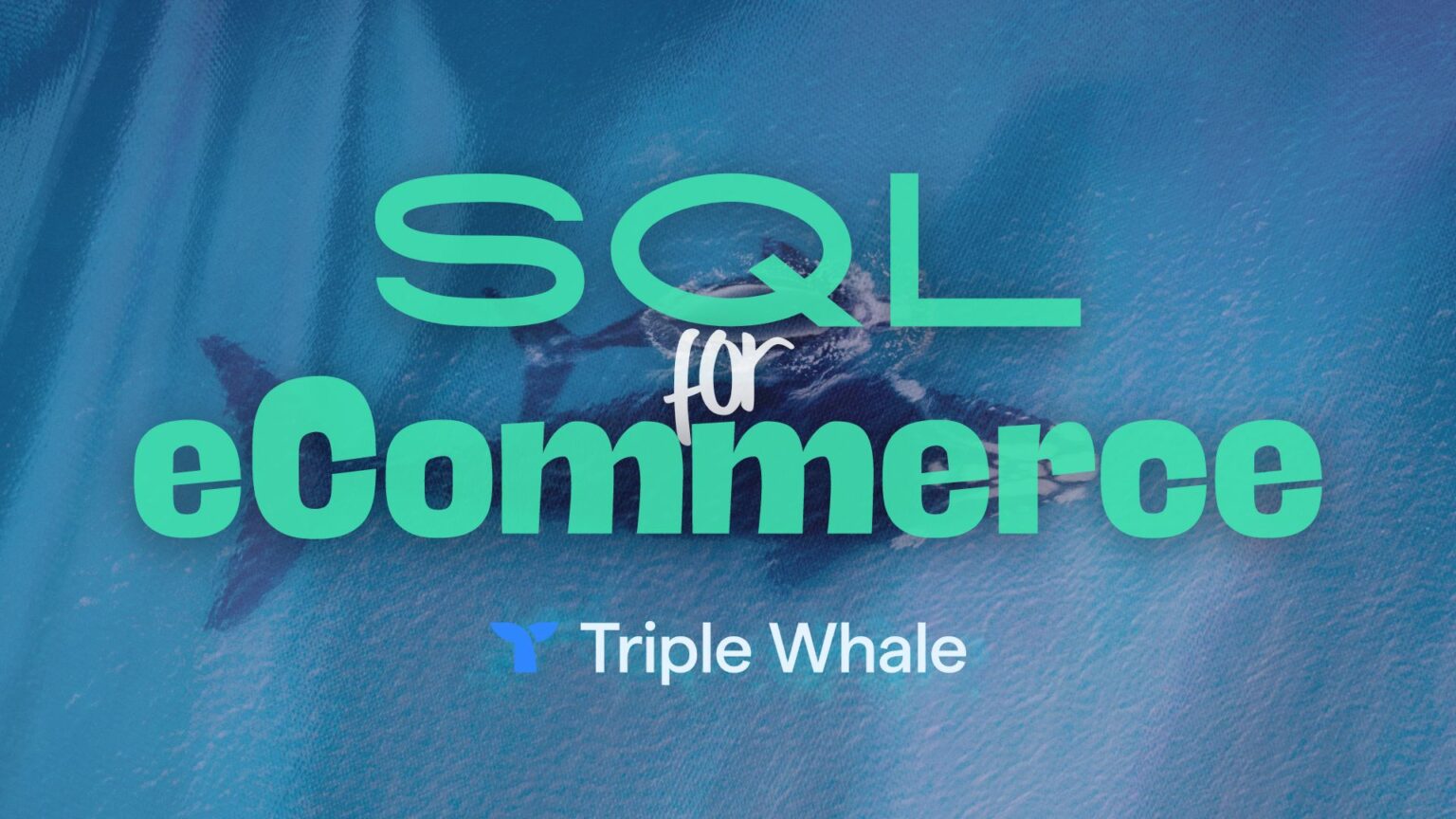
How to Develop a Facebook Marketing Strategy that Works


Is the return from your Facebook campaigns lower than you’d like?
Does the engagement on your page seem way too low?
It shouldn’t be this way, right?
Your creative team has produced incredible content. Your budget is competitive. And you’re spending way too much time planning the strategy as it is.
The root of the problem, however, might not have anything to do with your current strategy. It’s most likely due to changes in Facebook's algorithm.
And all you need to do is update your strategy to make sure you’re playing by their rules.
Sound hard? It doesn’t have to be.
How Algorithm Changes Affect Your Facebook Marketing Strategy
Facebook is constantly changing and updating the algorithm that determines how users consume information.
Some of these changes are subtle, and only tech-savvy users and advertisers notice them. Occasionally, though, Facebook makes big enough changes to the News Feed that they have to explain themselves to the public.
One of the most important updates for marketers was announced in 2018, when Facebook shifted focus from public content from businesses and ads to posts from friends and family.
The News Feed will “prioritize posts that spark conversations and meaningful interactions between people,” CEO Mark Zuckerberg said, and users will “see less public content like posts from businesses, brands, and media.”
With that in mind, it can be easy to pin the blame for a struggling Facebook campaign on changes to the algorithm. But let’s break that down for a second. By definition, an “algorithm” is just a process or set of rules for calculations or other problem-solving operations used by a computer.
So instead of shaking your fist at your Ad Manager screen, ask yourself -- am I doing enough to make the algorithm work for me?
Honestly, probably not. But that’s okay -- we have three ways that you can ensure you’re getting the most out of your Facebook marketing strategy.
1. Give Your Audience What They Want
You might not want to hear this, but we need to say it anyway.
People don’t want to be sold. They want to know why they should buy. More specifically, they want to know why they should buy from you.
To quote from Zuckerberg’s announcement again, “the public content [users] see more of will be held to the same standard -- it should encourage meaningful interactions between people.”
That may sound like corporate-speak, but it’s actually invaluable for keeping your Facebook marketing strategy relevant.
Because if you want to reach users within Facebook’s new “rules,” you’ll need to generate content that users are already interested in, content they’ll want to share, and content that is relevant to your product or service but still adds value on its own.
Let’s Sell Some Laser Swords
Here’s an (unfortunately fictional) example. You just launched a new lightsaber brand, and you want to attract an audience of Jedi Masters.
Before they buy your new lightsabers, however, you’ll need to convince your audience that they can trust your expertise in the industry.

Heavy-handed sales techniques like this don’t work as well on Facebook. - image source
To gain their trust, you’ll need to be perceived as an authority in your field.
In this case, that can mean you’re providing useful tips and techniques to become the greatest Jedi that ever lived, you’re posting Jedi trivia, and you talk about the Force like there is no tomorrow.
In other words, position your brand as an expert that truly cares about providing customers in your field with value.
And if you can back that stance up with useful content, a positive customer experience, and helpful support, users won’t just buy what you’re selling.
They’ll become loyal to your brand, increasing your customer lifetime value and helping you grow your business in ways you wouldn’t have thought possible.

It's like building your own personal Rebel Alliance. - image source
2. Play By The Algorithm’s Rules
If you want to go far in the Facebook galaxy, you’ll have to play by Facebook’s rules.
You already know Facebook wants users to engage, so create content that educates, inspires, and informs your audience so that they want to share, like and comment.
Be intentional in the way you post. You aren't just selling a product or service on Facebook, you're building a community.
Gone are the days of the “great!”, “love this!”, and “awesome!” comments. In are the days of asking questions, telling stories and sharing insights.

Yeah, maybe, but can you blame us? - image source
Remember, Facebook’s algorithm is not going to adapt to you. You are going to have to do everything in your power to align your content with what the algorithm prioritizes to be seen.
3. Test, Review, and Test Some More
A Facebook marketing strategy without testing is the ultimate stab in the dark. You’re basically trying different ways to convert your audience without looking at the data to see what works and what doesn’t.

In this case, Facebook marketing without testing is a “do not.” - image source
We strongly recommend setting engagement and conversion metrics for your marketing campaigns and tracking their performance.
You can also create split tests in Ads Manager to see which variants of your ads generate more clicks and conversions, and track engagement with your posts and organic content as well.
As your audience sees more value in what you’re sharing and selling, these metrics should improve, and with them, the ROI from your campaigns.
A New Hope For Your Facebook Marketing Strategy
You are now part of an elite squad who was built to rule the galaxy.
Your alliance needs to position the right content in front of your audience in a way that is algorithm-friendly, and you will surely rule all.

Glad to hear it, Luke. - image source
May the Facebook Force be with you, friends…





